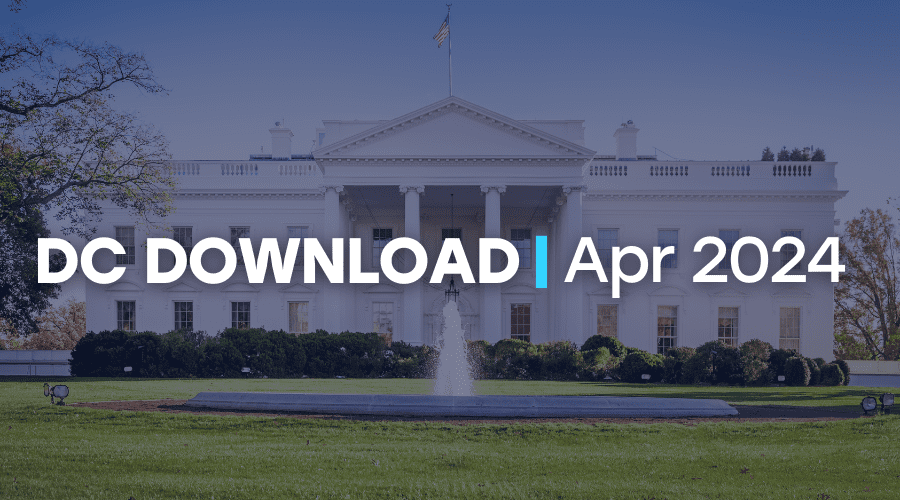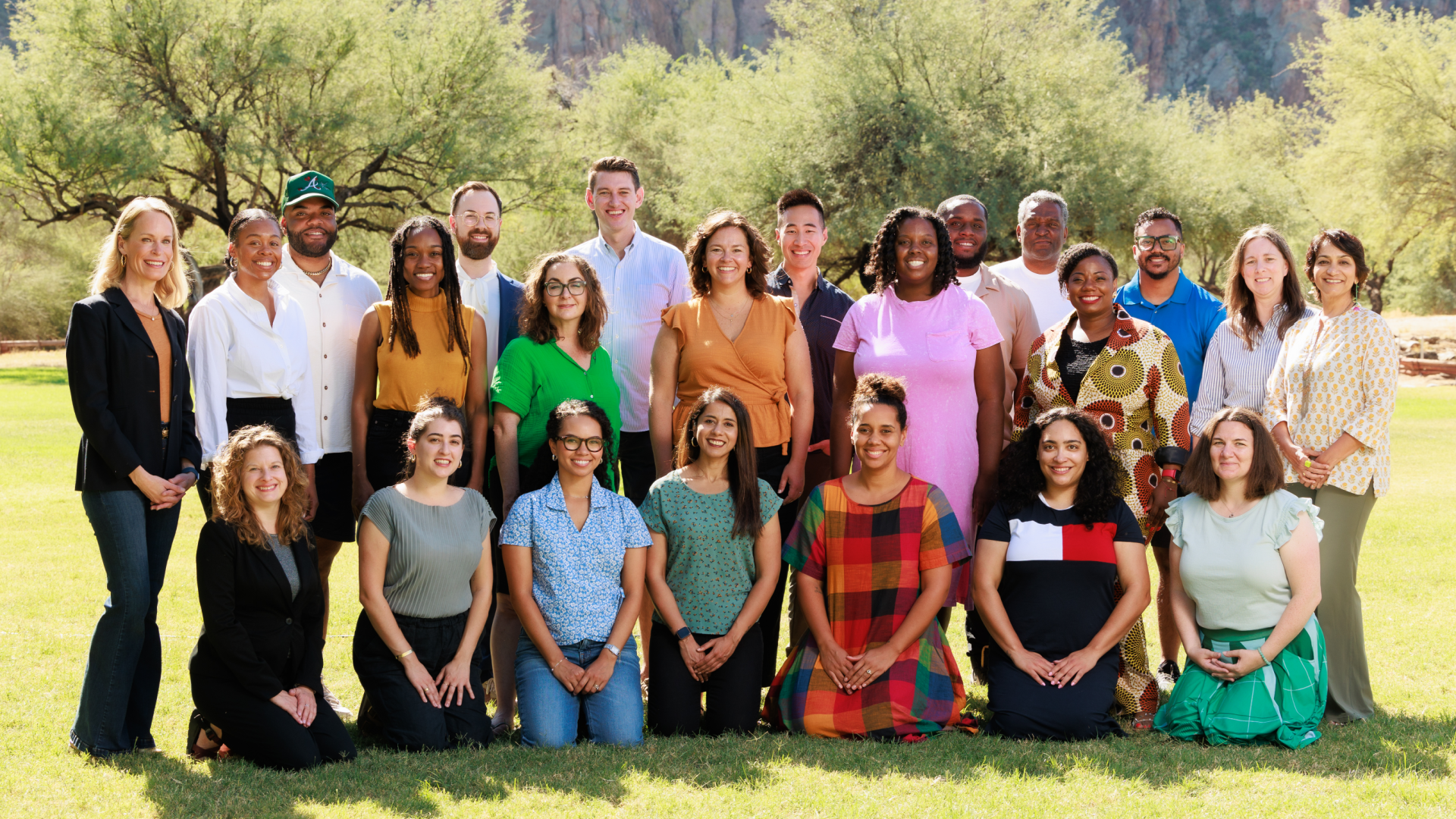The calendar may be creeping toward silly season, but legislators in Washington are still finding ways to get things done! If you’ve been enjoying baseball season, the warmer weather, or both, you also can enjoy this monthly rundown of all the latest federal policy happenings impacting nonprofits.
Supplemental Security Funding on Track
After months of negotiations behind closed doors and in the media, Congress is poised to approve a package of security spending long sought by President Biden and international allies. Speaker Mike Johnson (R-LA) ultimately opted for the House of Representatives to vote on four individual bills totaling roughly $96 billion in assistance to Ukraine, Israel, Taiwan, as well as humanitarian assistance in Gaza and various other areas of need. The package also contains additional sanctions, seizure of frozen Russian assets, and a requirement for TikTok’s parent company to divest from the platform or face a ban in the United States. Each of the bills was approved with broad bipartisan support, although fewer than half of House Republicans backed the $61 billion portion for Ukraine. Senate Majority Leader Schumer (D-NY) has announced that his chamber will take up the legislation this week, where it is expected to quickly move to President Biden’s desk for signature.
Conservative House Republicans — still furious at him for relying heavily on Democratic votes to pass Fiscal Year 2024 funding bills — have begun the process to remove Speaker Johnson from his position. The House has no votes this week but Johnson could face a formal “motion to vacate” as soon as next week.
Data Privacy Discussion Draft Includes Nonprofits
On April 7, 2024, House Energy and Commerce Committee Chair Cathy McMorris Rodgers (R-WA) and Senate Commerce Committee Chair Maria Cantwell (D-WA) released a discussion draft of the American Privacy Rights Act, which would provide new and tougher privacy rights governing the collection and use of consumer data. The bill specifically makes most nonprofit organizations eligible to be considered “covered entities,” and establishes a wide range of requirements and prohibitions. Independent Sector’s Summary and Issues for Nonprofits analyzes this particular legislation in greater depth, while our colleague Manuel Gomez looks more broadly at data privacy governance elsewhere in this month’s Voices for Good.
Tax Deal Still Stalled
Tax Day has come and gone, but the House-passed Tax Relief for American Families and Workers Act (H.R. 7024) is no closer to clearing the Senate. Majority Leader Schumer has indicated he would bring the bill — containing business tax breaks and an expansion of the child tax credit — up for a vote if it can clear the 60-vote threshold required for most Senate legislation. Negotiations continue between Senate Finance Chair Ron Wyden (D-OR), Ranking Member Mike Crapo (R-ID), and others, but show little momentum as of this writing.
Though odds may be getting longer, a deal on this tax package would be by far the best opportunity to restore the nonitemizer charitable deduction before November’s elections. Please, take one minute today to ask your legislators to support a charitable deduction for every American.
Public Service Loan Forgiveness Processing Pause
From May through July 2024, processing of Public Service Loan Forgiveness (PSLF) forms, payment count updates, and PSLF forgiveness will be paused while the U.S. Department of Education implements new student loan servicing contracts. The Student Loan Borrower Assistance project recently provided more information, including further explanation and recommendations for borrowers.
Latest Charitable Giving Data Shows Fewer Donors, Fewer Dollars
Charitable giving continued to face strong headwinds in the fourth quarter of 2023, according to the latest data from the Fundraising Effectiveness Project. Charities raised 2.8% fewer dollars overall from 3.4% fewer donors, compared to the same period in 2022. According to the report, “This includes near universal decline in the frequency and total amount of donations by donors of all sizes, highlighting a continuing trend that began in 2021.”



